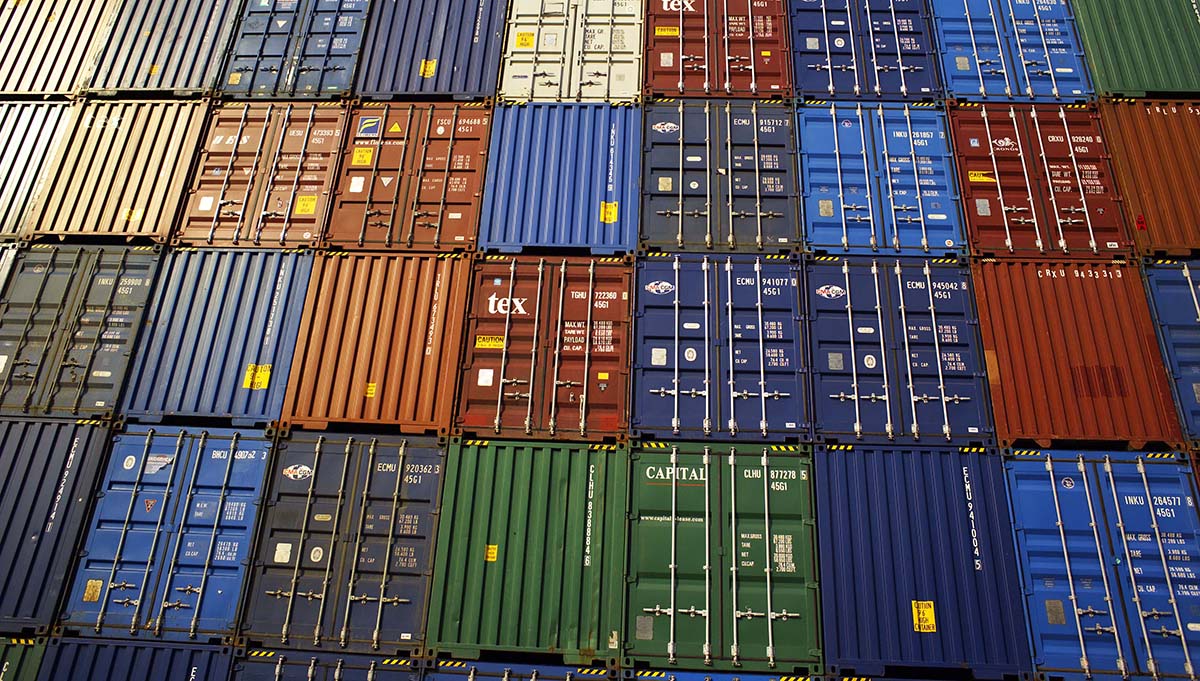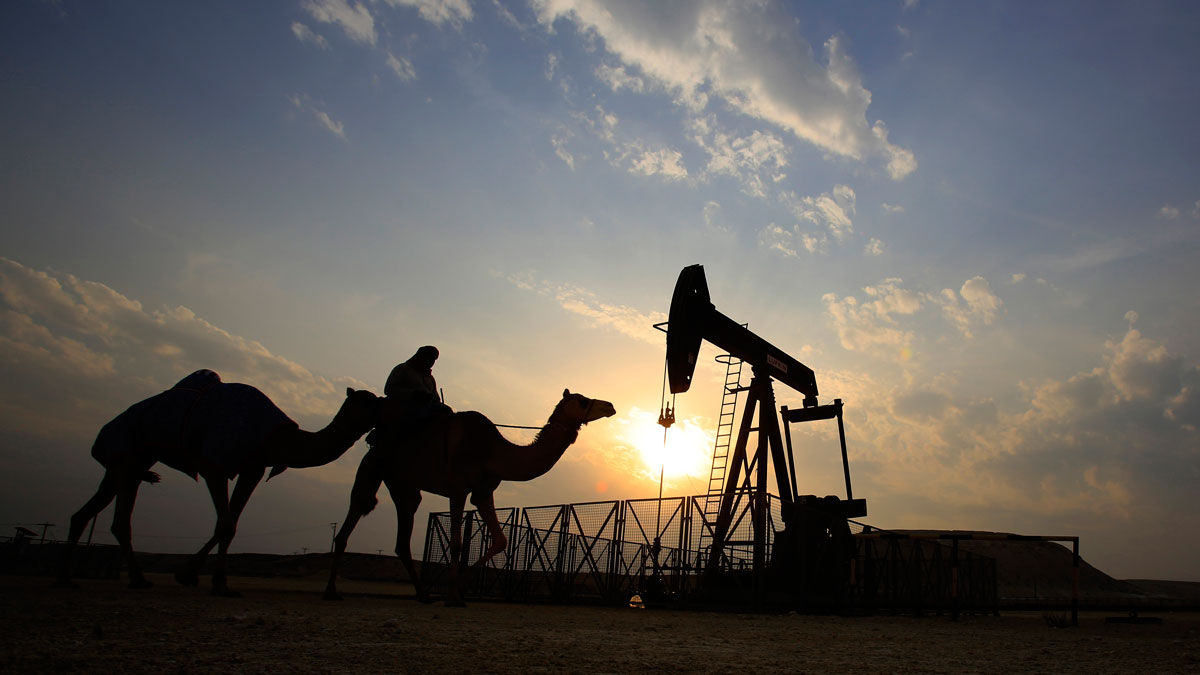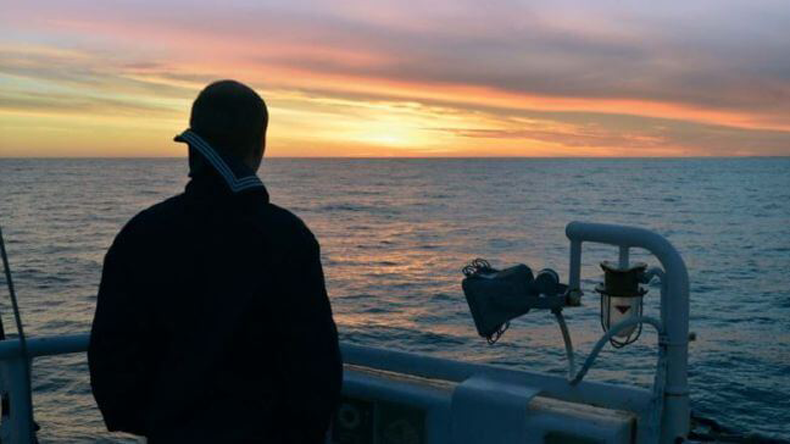Weekly briefing: Container shipping cuts capacity while downward pressure hits tanker rates
Elsewhere, the European Commission pushes member states to designate special ports for crew changes
A collapse in demand for containerised goods has sparked a wave of blanked sailings, while the 23-country Opec-plus alliance’s agreement on oil production cuts will likely leave tanker rates subdued for at least the remainder of the year
THIS weekly briefing provides sector-by-sector coverage of the coronavirus outbreak and its impact on shipping, direct from the Lloyd’s List team. Follow the links within the text to the relevant news items in each market segment.
Have you signed up for the Lloyd’s List ‘Future Fuels Webinar’ which takes place on April 23 at 9am BST/4pm SGT? It will offer an insider’s view of how shipping will fuel its future and how businesses can avoid the transitional pitfalls along the way.
For more information, and to register for free, follow this link.
Containers
As the world gets used to the realities of living with coronavirus, container shipping is rushing to adjust to the new normal.
The collapse of demand for containerised goods has been as sudden as the pandemic mitigation efforts that have seen most importing economies in some form of lockdown, sparking what is widely expected to be a long and deep recession, one of greater severity that even the global financial crisis of 2008-2009.
The first order of business has been to cut capacity on main lane trades out of China in an effort to match transport capacity with demand. Over 200 sailings have been blanked to date, but there are indications that many more will come.
Cancelled sailings leave ships unemployed, and the number of ships in layup in rapidly rising. Lloyd’s List Intelligence reported 1m teu of idle boxship capacity at the end of March, and Alphaliner has suggested that figure could rise as high as 3m teu when the full impact of cancellations is felt.
On the shorter trade route between Asia and the west coast of North America, the impact of falling demand on container terminals is already being seen. Volumes in Los Angeles and Long Beach are down sharply, while Oakland received nearly a quarter fewer containership calls in March than it would in a normal year.
On the longer European transit, goods ordered before the lockdown measures came into effect are now beginning to arrive at terminals, threatening congestion if they are not moved off and into the supply chain.
Carriers are taking various steps, including offering to hold cargoes at transhipment hubs en-route, in order to prevent a slew of unwanted goods clogging up warehouses and distribution centres.
But in some cases, shippers are finding that they are still being hit with what they describe as “punitive” detention and demurrage charges that are beyond their control and have called for better regulation to prevent unfair charges.
And if things weren’t bad enough for container lines, spare a thought for Mediterranean Shipping Co, which was hit by a suspected cyberattack that affected servers at its headquarters in Geneva. While the line says its operations are not affected, its main website and booking system remain down at time of writing, at a time when online operations have become the safest way of doing business.
Tankers
An agreement by nations beyond the Organisation of the Petroleum Exporting Countries — the 23-country Opec-plus group — to cut production, coupled with weakening global oil demand due to the coronavirus outbreak, will likely keep downward pressure on tanker charter rates for the remainder of 2020.
Crude tanker rates and freight futures had already fallen significantly last week in anticipation of a agreement on reduced output but the current scenario is likely to keep the market subdued for the foreseeable future, according to analysts.
The Opec-plus alliance announced on Sunday its largest production cut yet, of 9.7m barrels per day effective from May 1 until June 30 this year, with October 2018 output levels used as the baseline for all members except for Saudi Arabia and Russia.
The production cuts would reduce to 7.7m barrels per day, effective from July 1, for the rest of the year and then decrease further to 5.8m barrels a day effective January 1, 2021 until April 30, 2022. This is subject to review in December 2021. Iran, Venezuela and Libya are exempt from the cuts.
On the consumption side, there are estimates that the economic effects of coronavirus could reduce global oil demand by as much as one third.
Norwegian investment bank Cleaves Securities said in a recent note: “As demand for oil tankers mainly stems from transportation of oil, we estimate a massive 11% year-on-year drop in transportation demand for tankers for the remainder of the year from the reduced oil supply.”
Shipbroker Braemar ACM had similar views and said that tanker demand was likely to soften as spot fixing for cargoes to be loaded in the first week of May would start in earnest this week. Cargo availability in the Middle East Gulf region was likely to be 4.7m barrels per day lighter versus the average in the first quarter of 2020 as production cuts stared to reduce supply.
Cleaves analyst Joakim Hannisdahl said there was strong short-term support for oil tankers from storage economics, “but the oil tanker demand outlook from second half of this year until 2022 has deteriorated significantly from lowered oil supply and an upcoming destocking cycle”.
Against an estimated onshore spare storage capacity of approximately 900m barrels as of end-March, Cleaves forecast 948m barrels of petroleum oversupply by end-August, which means about 23 additional very large crude carriers equivalents are needed as floating storage, rising to 30 by May 2021, representing 1.6% of the total oil tanker fleet.
However, Mr Hannisdahl said those numbers were highly uncertain, especially with regard to the size of spare capacity and the potential impact of inertia and inefficiencies in the petroleum infrastructure. “In this scenario, required additional floating storage would likely be higher and not as binary, which fits well with the large increase in tankers being employed on storage lately.”
Crew changes and regulation
New guidance from the European Commission has urged European Union states to designate specific ports that will permit crew changes and are close to accommodation areas, shelter spaces and medical services in response to the coronavirus outbreak.
In a new set of guidelines that tackle issues around seafarer travel, cruise passenger disembarkation and other challenges, the executive body of the EU suggests member states should co-ordinate with it to designate these special ports.
The commission said there were about 600,000 seafarers of all nationalities on board ships linked to EU interests globally.
With around 100,000 seafarers finishing their contracts each month around the world, shipping companies are continuing to postpone crew exchange and extend employment contracts as the only way of overcoming the coronavirus travel and quarantine restrictions.
There has been some progress in tackling this ongoing issue but more needs to be done urgently as the industry has a ticking time bomb on its hands in terms of mental health and fatigue, according to experts interviewed by Lloyd’s List for the most recent weekly podcast.
They point out that fatigue among seafarers forced to spend an extended amount of time on board vessels will inevitably lead to more accidents at sea, meaning it will quickly become a safety issue as much as it is already a welfare one.
Meanwhile, piracy and armed robbery at sea is also on the rise, according to the latest quarterly data from the International Maritime Bureau.
It documented 47 attacks on ship in the first three months of 2020, compared with up 38 in the same period last year. Actual boarding by pirates accounted for 37 cases, the industry watchdog said.
The Gulf of Guinea remains the world’s piracy hot spot, with 21 incidents overall, including three in which a total of 17 crew members were kidnapped, at distances between 45 and 75 nautical miles from the coast.



